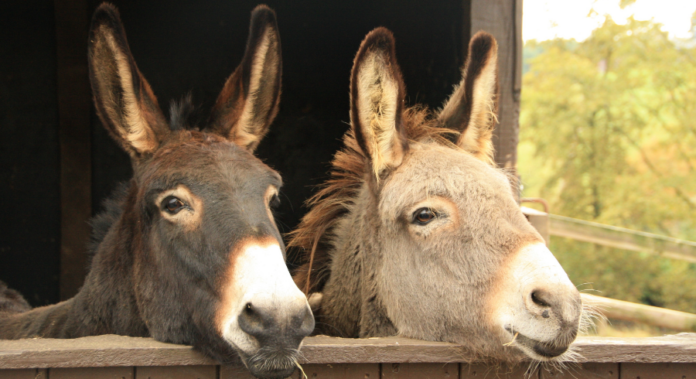The Ministry of National Food Security and Research (MNFSR) informed the National Assembly that it is working with China to begin exporting donkey meat and hides from Pakistan. This update was provided in a report presented in response to a question from Shazia Marri.
The report also highlighted that 1,000 federal agriculture graduates will be sent to China for training in seven key areas of modern agricultural technologies.
The Ministry is also focused on farm mechanization as part of its efforts to modernize the agriculture sector. The government has distributed advanced farm machinery, sourced from China, among provincial governments. A large-scale farm mechanization project is in the approval process, while amendments to the Plant Quarantine Rules 2019 and Seed Business Rules 1987 are being made to allow the import of hybrid cotton seeds to revitalize the cotton industry.
In a move to enhance storage facilities for wheat farmers, the EWR warehousing system has been introduced in consultation with the provinces. This system provides farmers with better storage options and an instant credit facility up to 70% of the product’s market value. Meanwhile, the export of dried chilies and sesame to China has increased significantly.
The MNFSR is also working to increase both local and international investment in the agriculture supply chain by introducing a deregulation regime for agri-commodities, which will make the Pakistani market more internationally competitive.
To address stagnating productivity and declining yields in major crops, the federal government has taken several initiatives. These include revamping the Variety Evaluation Committee (VEC) system for key crops such as wheat, cotton, rice, oilseeds, and corn, ensuring transparency and scientific rigor in approving high-yielding and climate-resilient varieties.
Furthermore, the National Seed Development & Regulatory Authority (NSDRA) has launched a Management Information System (MIS) to digitize and automate processes such as seed company registration, nursery registration, variety registration, and seed certification. This system aims to reduce delays, minimize human error, and improve transparency in the seed sector.
The MNFSR is also facilitating the import and trial of international wheat germplasm to introduce high-performing, stress-tolerant crop varieties. Additionally, the establishment of the National Agri-Trade & Food Safety Authority (NAFSA) aims to streamline the export of agro-food products, while the NSDRA focuses on ensuring the availability of high-quality seeds to increase crop productivity.




